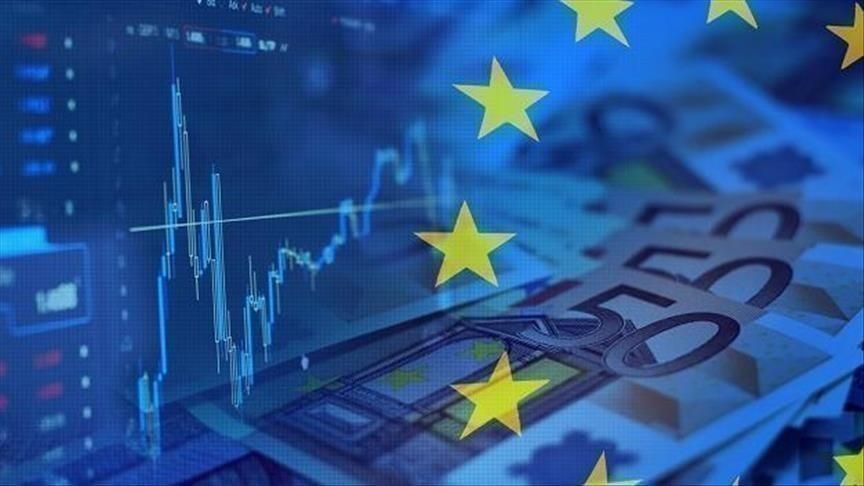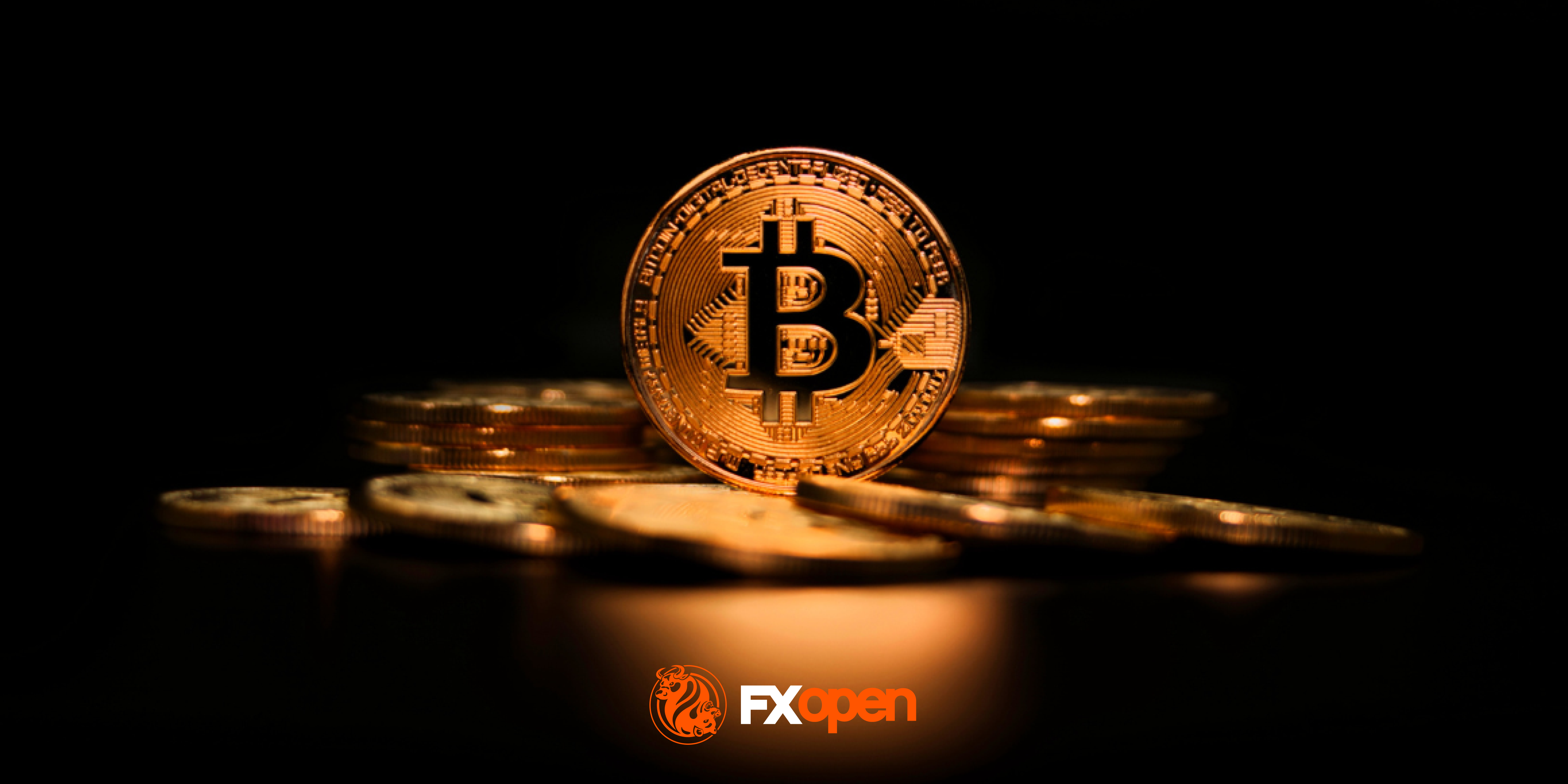FXOpen

As the comparison chart shows, the ESX50 lags behind the US500. And this trend has been observed since mid-December, a period when central banks around the world published interest rate decisions and set expectations for the future. The divergence suggests that Europe's central bankers are in no rush to join the US turn to lower interest rates — even as investors continue to insist that they will have to accept easier monetary policy soon enough.
According to Bloomberg, after Federal Reserve Chairman Jerome Powell signalled that the focus is now on lowering borrowing costs, colleagues from Frankfurt to London said that a further slowdown in inflation cannot be taken for granted. That is, for now in Europe, policy easing is not yet on the agenda.
“We should absolutely not lower our guard,” European Central Bank President Christine Lagarde told reporters in December, while her Bank of England counterpart Andrew Bailey noted there was “still work to be done” in the fight to rein in consumer prices.
The chart shows that overall Western stock markets were positive in December, but a comparative analysis allows us to make interesting observations:
- the ESX50 index was the top gainer in December;
- but after a series of central bank meetings in the middle of the month (shown by the arrow), the lead was lost. While the S&P 500 is in close proximity to an all-time high, European stocks have lost bullish momentum.
It is possible that the mid-December highs will prove to be important resistance. And if a correction occurs in the stock market (which will be a reason to write about the end of the Santa rally), then the ESX50 will again be a leader, but in a downward trend.
Trade global index CFDs with zero commission and tight spreads (additional fees may apply). Open your FXOpen account now or learn more about trading index CFDs with FXOpen.
This article represents the opinion of the Companies operating under the FXOpen brand only. It is not to be construed as an offer, solicitation, or recommendation with respect to products and services provided by the Companies operating under the FXOpen brand, nor is it to be considered financial advice.
Stay ahead of the market!
Subscribe now to our mailing list and receive the latest market news and insights delivered directly to your inbox.








